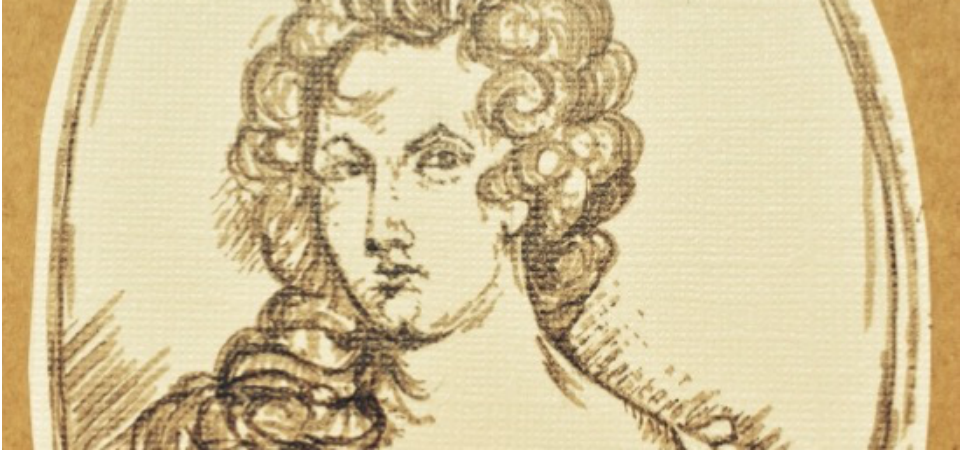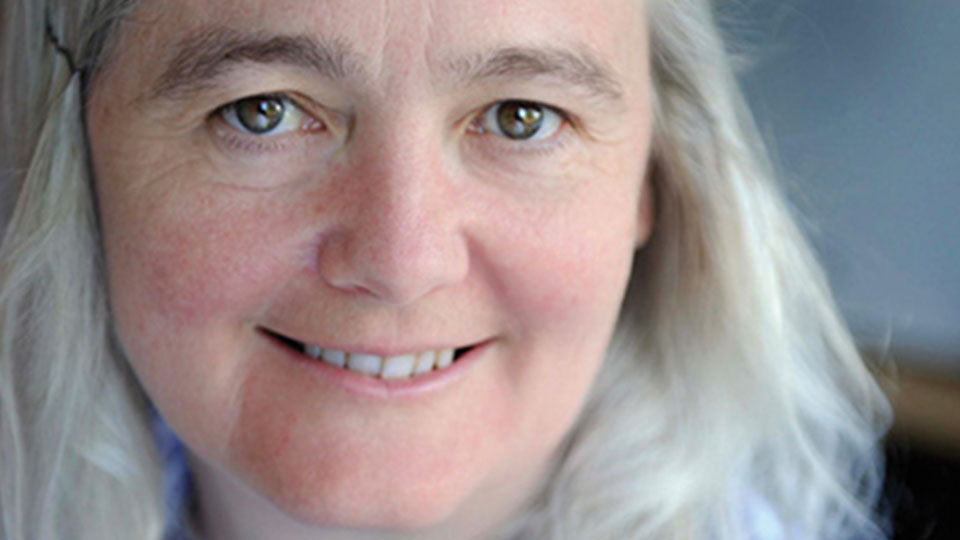
5 Dec 2016
Loughborough University leads on a £1 million international project to create the complete works of Aphra Behn
 Professor Elaine Hobby
Professor Elaine Hobby
A £1 million project to create an eight-volume anthology of the works of history’s first female writer of English literature will also see her life’s labours brought into the digital age and make them available to everyone.
Led by the Loughborough University’s Professor Elaine Hobby, of the School of Arts, English and Drama, the four year venture utilises the skills of 30 academics from all over the world who will assemble the writing of Aphra Behn – the first woman writing in English to earn a living from her plays, books and poetry.
Born during the Restoration era, Behn lived between 1640 and 1689.
Until now, her writing had remained separated with no recent compendiums or collections.
But with funding from the Arts and Humanities Research Council (AHRC) Prof Hobby, the project’s Principal Investigator, and her team, will meticulously edit, annotate and organise the historical text into a 6,400-page, eight-volume collection, entitled Cambridge Edition of the Works of Aphra Behn.
A website with an archive of her complete works will also be created and will include study packs for schools to download.
The project is due to be completed by 2022.
Prof Hobby said: “The last 40 years has witnessed a revolution in what we mean when we talk of ‘English literature’ or ‘English history’ - the concerns of both were largely with the writings and doings of men.
“The research that that revolution has entailed means that scholarship can now apply what has been learned to the example of this important figure.
“Until now, we simply did not know enough about this period of women’s writing and history for the project to be undertaken.”
A facet of the project will see the team work with non-academic partners such as the National Archives, theatres, schools and libraries to boost her popularity and turn her into a familiar figure for the general public.
“Her importance lies in two factors,” said Prof Hobby. “First, she was the first woman writing in English to have made her living as a writer: this makes her a very important example of what women’s pasts were like.
“Behn was and is an important role-model.
“Second, the length and variety of her writing career – she published plays, fiction, poetry, translations across 20 years – means that what is discovered about her range sheds light on all the other writers, both men and women, of the period, and on their culture.”
Using an electronic workbench, designed by the University of Sheffield, for the production of the anthology, the project’s global team will have access to the progress being made by their colleagues.
Prof Hobby said: “Our working method for the edition – using an electronic workbench to enable contributors to collaborate with one another and to consult one another’s work-in-progress – would not have been possible before the technology became available in the last few years.”
The comprehensively annotated compendium will be accessible to both specialist and general readers, since modern spelling editions will also be available, on demand, to make it more manageable for schools and theatre companies.
Prof Hobby has been working in the field of women’s writing from the restoration period for almost 40 years and is regarded as a world-leading figure in this area.
She said: “My passion is for editing – for annotating and introducing forgotten works so that modern readers can enjoy them – and that enables me to provide appropriate guidance to others.
“I have also always been interested in working in a cross-disciplinary manner – especially working with historians and theologians – and in using the latest technology so as to do better and more consistent work.
“This project uses and develops all of these skills.”
A sketch of Aphra Behn (above) drawn from an earlier image. Credit: Rachel Adcock
Aphra Behn
Behn is perhaps best-known as the author of the first fiction to show a slave rebellion – Oroonoko, published in 1688, follows its hero from capture in west Africa to enslavement in south America, and brings to life his furious rejection of his fate.
To literary scholars she is admired as a fine poet and a successful playwright – and her comedy The Rover is currently being performed by the Royal Shakespeare Company in Stratford-upon-Avon to rave reviews – “Clear evidence”, commented Professor Hobby,” of the author’s enduring appeal”.
Other than the fact of the author’s birth in Kent in 1640, her career as a writer, and her burial in Westminster Abbey (just outside Poet’s Corner), little is known about her life other than the fact that she worked as a spy for Charles II in the 1660s.